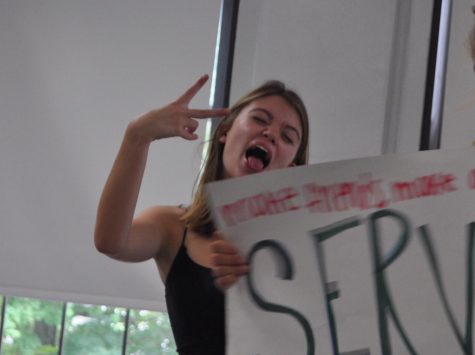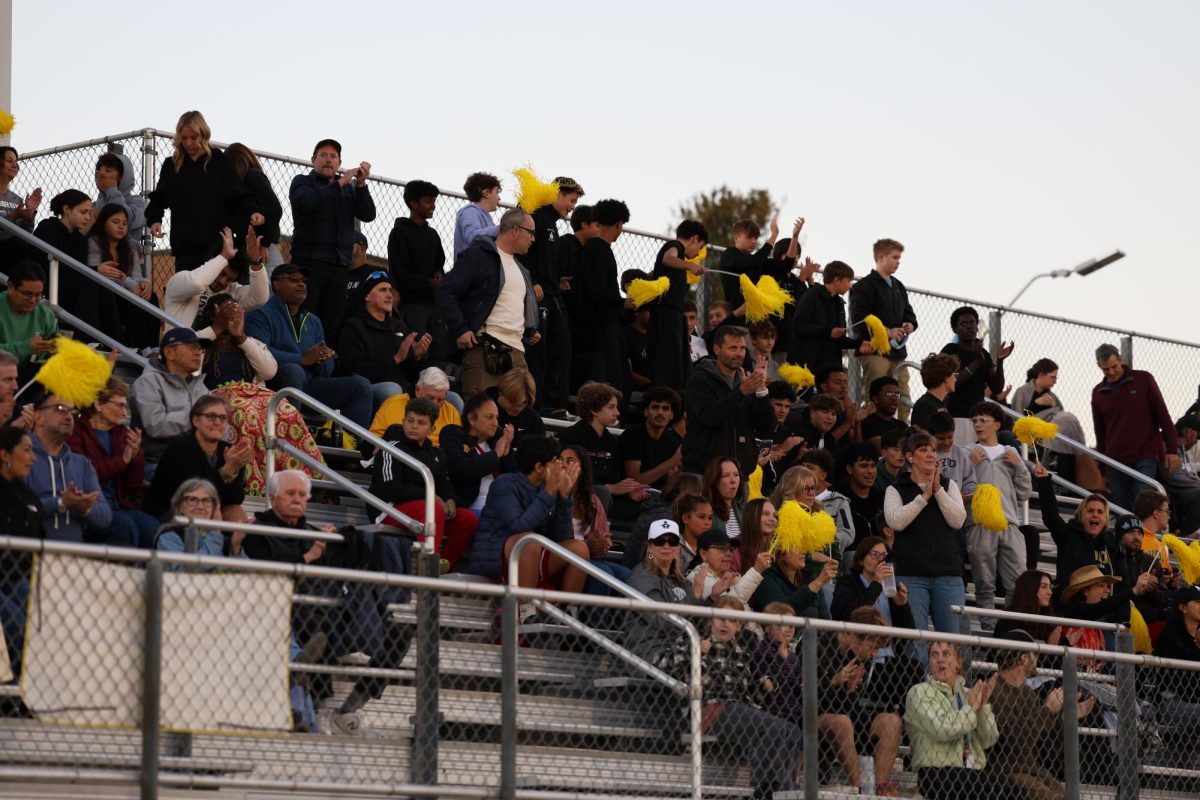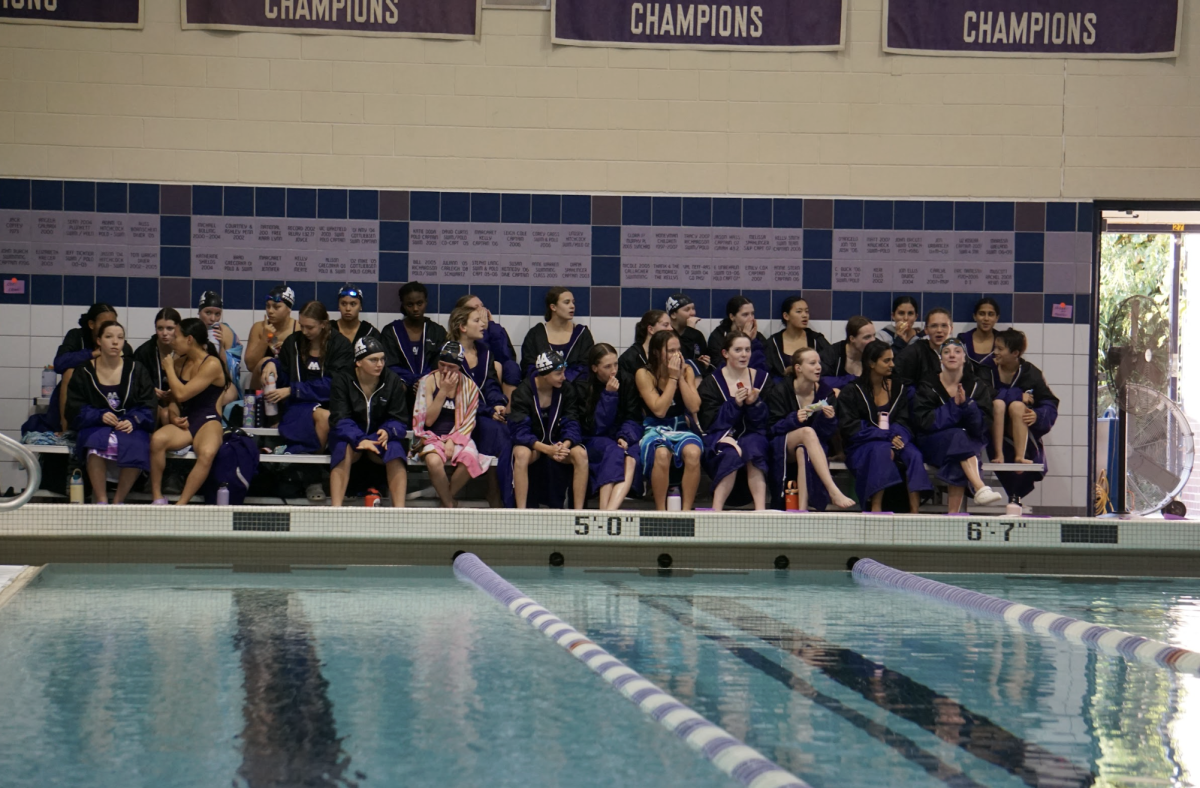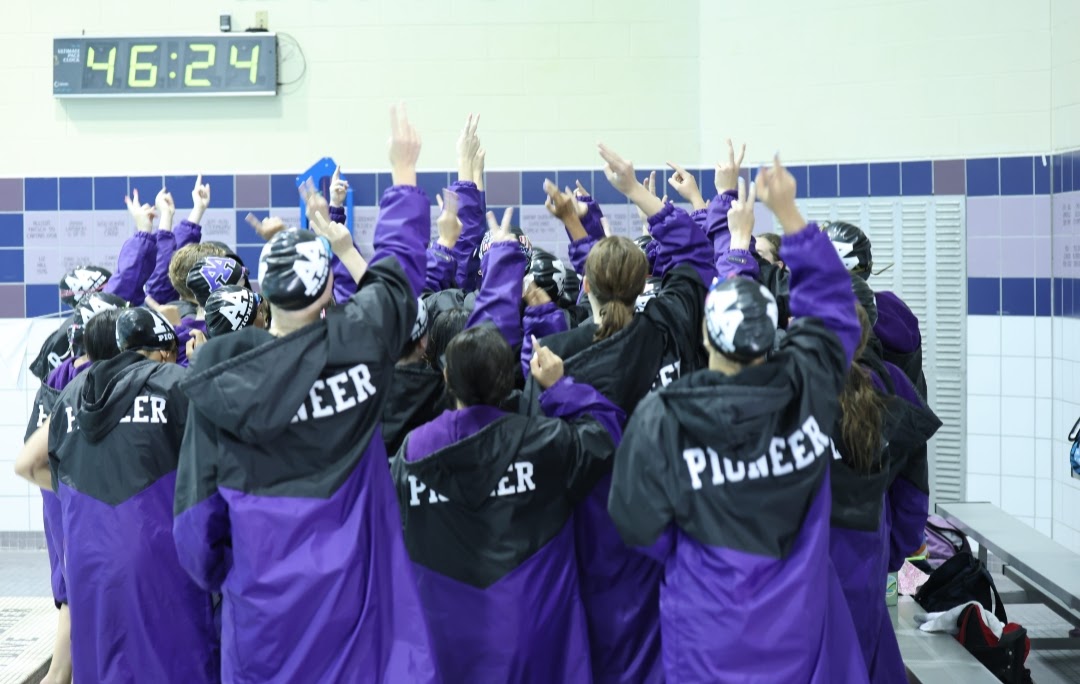Good shoves
January 20, 2020
Sarah Weist cried almost every day at work.
A Princeton grad fresh out of an advertising job with educational dreams and no educational certification, she’d first been given a teaching position at a charter school in the South Bronx run by a former investment banker.
“This school was really into hiring Ivy [League] grads,” Weist said. “My degree got me that job, and there’s a lot of privilege unpacking to do there, especially because I was working with kids of color, and second graders, and it was militaristic. There was no joy in that school.”
No joy for the students or for Weist: the staff environment wasn’t supportive of Weist’s queerness, leaving even her choice to wear bow ties as up for scrutiny. She wasn’t fulfilled, she wasn’t accepted, and she wasn’t doing what she’d dreamt of doing. After a year, Weist sought out a teaching opportunity at a different school. Unfortunately, the second school was much the same: results-driven to the detriment of the well-being of the student body.
“Our students were their test scores,” Weist said. “We were overly-policing and oppressing black and brown bodies. And again, I thought that was good teaching.”
But her guilt was mounting. Her love for teaching was being tainted by her experience; the very definition was changing in her mind. The pressure to produce impressive numbers was growing unbearable, and she watched it impact her students as it impacted her.
Weist was familiar with pressure. A student in a small town driven to escape, she’d piled it onto herself, building her resume, pushing herself in every academic aspect. Getting into Princeton felt like a dream, but arriving brought on a period of self-reflection.
“What I realized quickly in college was that I had never really learned how to make friends,” Weist said. “‘Oh, Sarah, she’s the smart one.’ That what I was in high school. And I liked that. Until I realized ‘That’s not a personality.’”
Weist began to define herself socially in college, discovering who she wanted to be and where she wanted to go. As this happened, english and literature solidified themselves as her passions, and she realized teaching was what she was meant to do.
It was all this that made her decision to leave so difficult. But she was coming to understand that what she’d considered good teaching was doing damage, and she knew she needed a change.
So she quit. And yet, teaching still called to her.
“I couldn’t shake the bug,” Weist said.
She enrolled in a one-year education certification program at University of Michigan, and found herself in Community High School teacher Tracy Anderson’s classroom soon after. Community was strikingly different from the other schools she’d taught at; it made her nervous. She questioned what kind of “hippie school” this was, what she’d gotten herself into. But soon, her attitude began to change.
“It was such a good shock, such a good shove out of what I thought teaching was,” said Weist. “You can build a classroom based off of love, and empathy, and these good and just principles, and kids are still going to learn; they’re probably going to learn a lot more because they’re allowed to be human.”
One thing that stood out to Weist was the trust between students and staff. In her old positions, she’d been trained to be suspicious, to anticipate their inevitable screw-ups, to expect disappointment. Things were different at Community. For the first time, she saw trust, and acceptance of mistakes, and forgiveness in action. She vowed to emulate what she saw.
“You’re a kid, and you’re my kid, and I’m going to love you anyway,” Weist said.
And she did as she took her first official teaching position at Saline. She began to craft a classroom based in love, and empathy, and those good and just principles she saw in Community. It was an adjustment, but Weist brought her own personal style — in more ways than one — to the position. Now, she wears her bow ties. She treats her students the way she wish she’d been able to at those other schools. Her students call her by her first name – a Community High School signature.
“They all know me as the ‘hippie-feelings teacher,’” Weist said. “And I’m okay with that.”










